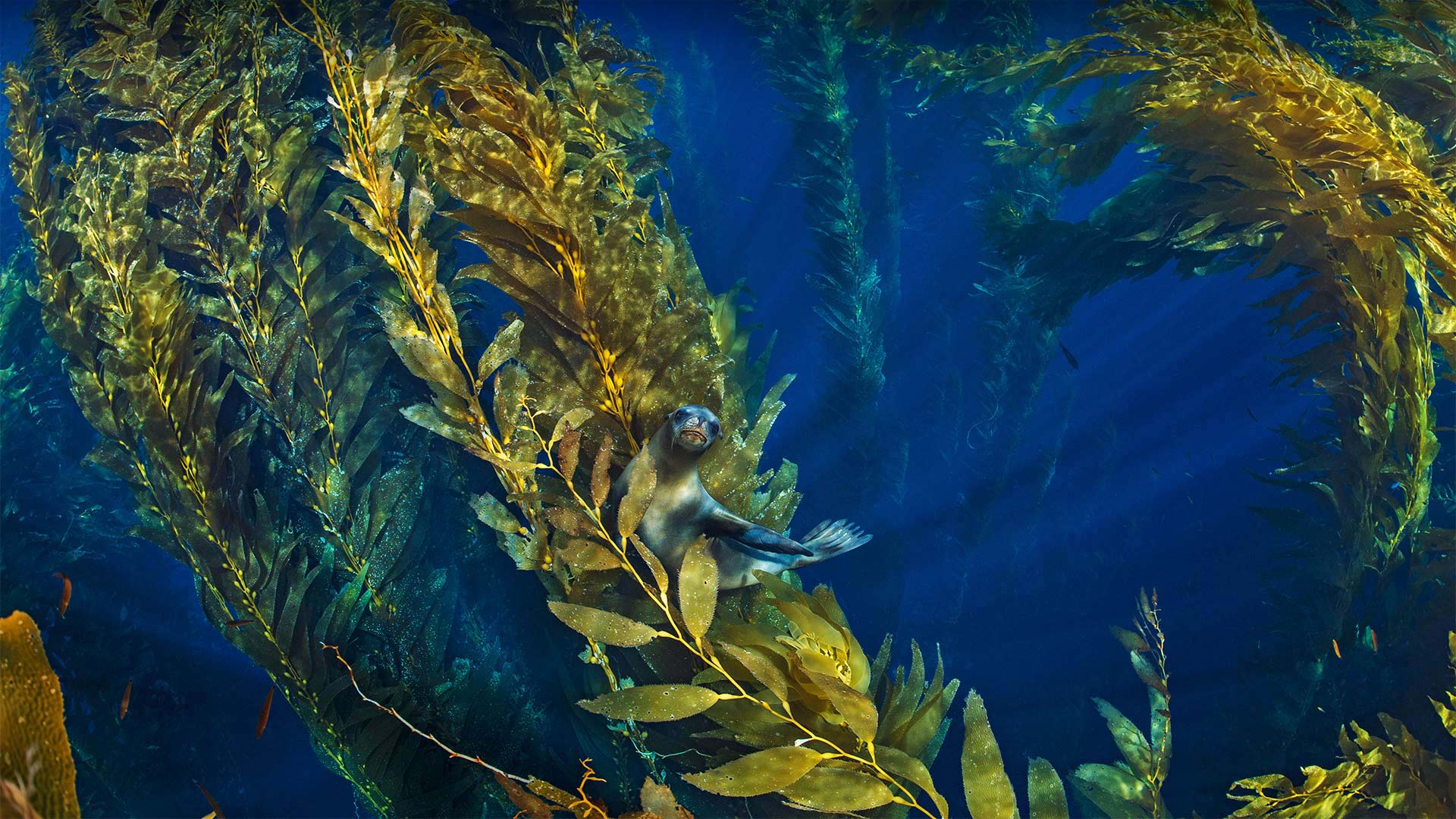Addressing Environmental Challenges: Tuvalu’s New Incinerator Technology
The small island nation of Tuvalu, located in the Pacific Ocean, is facing a number of environmental challenges, including waste management and pollution. With a population of just over 10,000 people living on a total land area of 26 square kilometers, Tuvalu’s limited resources and isolation make addressing these challenges particularly difficult. However, the nation is making significant strides in addressing its environmental issues with the introduction of new incinerator technology.
Tuvalu’s New Incinerator Technology
In recent years, Tuvalu has invested in new waste management technologies, including the installation of advanced incinerator technology. This incinerator is designed to process and dispose of a wide range of waste materials, including plastics, organic waste, and other non-recyclable materials. The technology used in the incinerator ensures that the waste is burned at high temperatures, effectively reducing the volume of waste and minimizing harmful emissions.
One of the major benefits of this new incinerator technology is that it significantly reduces the volume of waste that would otherwise end up in landfills, which is a critical issue for Tuvalu given its limited land area. In addition, the incinerator also generates energy from the combustion process, providing a sustainable source of power for the island nation.
The new incinerator technology is a key part of Tuvalu’s broader strategy to improve its waste management practices and reduce its environmental impact. By investing in advanced waste management technologies, Tuvalu is making a significant contribution to addressing the environmental challenges it faces, while also creating opportunities for sustainable development and economic growth.
Environmental Challenges in Tuvalu
The environmental challenges facing Tuvalu are significant and multifaceted. The nation is particularly vulnerable to the impacts of climate change, including rising sea levels, extreme weather events, and ocean acidification. These impacts not only threaten the physical and social infrastructure of the country, but also exacerbate existing environmental challenges, such as waste management and pollution.
The limited land area of Tuvalu presents unique challenges when it comes to waste management. With a lack of space for landfills and limited options for recycling, the nation has struggled to effectively manage its waste. As a result, much of the waste that is generated ends up being dumped or burned in an uncontrolled and unsustainable manner, contributing to pollution and environmental degradation.
In addition to waste management, Tuvalu also faces significant challenges related to water and air pollution. The nation’s reliance on diesel generators and outdated technologies has resulted in air pollution, while limited infrastructure for wastewater treatment has led to contamination of water sources. These challenges present significant health risks for the population and threaten the nation’s natural and cultural heritage.
Frequently Asked Questions
Q: How does the new incinerator technology work?
A: The new incinerator technology used in Tuvalu is designed to burn waste at high temperatures, effectively reducing the volume of waste and minimizing harmful emissions. The waste materials are combusted in a controlled manner, with the heat generated during the process being used to generate energy. This energy can be used to power the incinerator itself, as well as provide a sustainable source of power for the island nation.
Q: What types of waste can be processed by the incinerator?
A: The new incinerator technology is capable of processing a wide range of waste materials, including plastics, organic waste, and other non-recyclable materials. This allows Tuvalu to effectively manage its waste, while minimizing the environmental impact of waste disposal.
Q: What are the environmental benefits of the new incinerator technology?
A: The new incinerator technology offers several environmental benefits for Tuvalu. By reducing the volume of waste that would otherwise end up in landfills, the technology helps to minimize the environmental impact of waste disposal. In addition, the energy generated during the combustion process provides a sustainable source of power for the island nation, reducing the reliance on traditional energy sources and helping to mitigate climate change.
Q: How does the new incinerator technology support sustainable development in Tuvalu?
A: The new incinerator technology supports sustainable development in Tuvalu by addressing the nation’s environmental challenges and creating opportunities for economic growth. By improving waste management practices and reducing pollution, the technology helps to protect the natural and cultural heritage of the country while also creating opportunities for innovation and investment in sustainable technologies.
In conclusion, Tuvalu’s investment in new incinerator technology represents a significant step forward in addressing the nation’s environmental challenges. By improving waste management practices, reducing pollution, and generating sustainable energy, the technology is helping to protect the natural and cultural heritage of the country while also creating opportunities for economic growth and sustainable development. As Tuvalu continues to invest in advanced waste management technologies, it is setting an example for other small island nations facing similar environmental challenges.
Addressing Environmental Challenges: Tuvalu’s New Incinerator Technology




